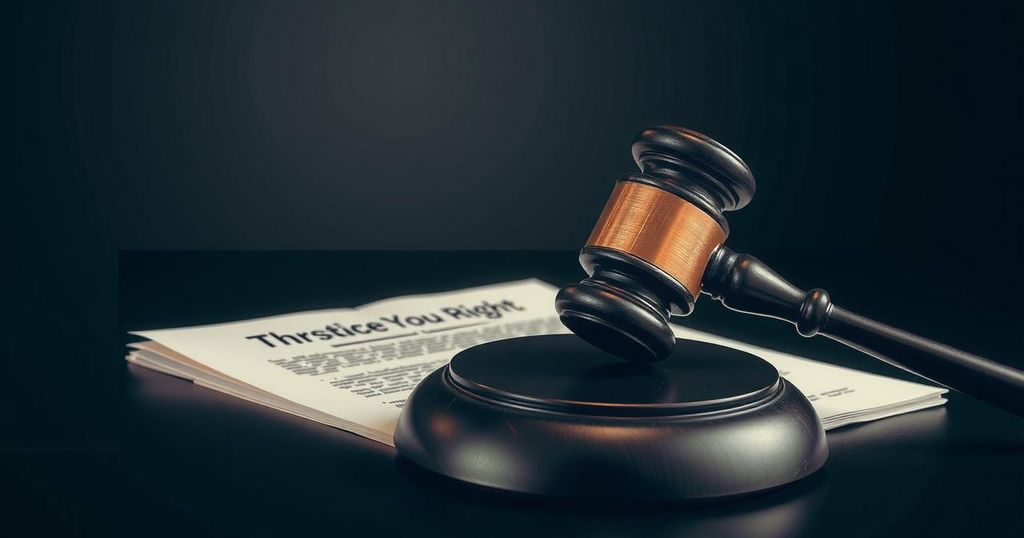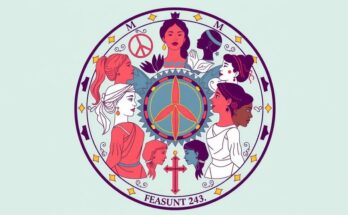The Bangkok Civil Court dismissed Jatupat Boonpattararaksa’s lawsuit against NSO Group for spyware targeting him, which Amnesty International criticized as alarming. Jatupat claimed his phone was infected with Pegasus spyware, seeking compensation and justice. Despite strong evidence from Amnesty’s investigations, the court ruled insufficient evidence was presented to support the claims. This case highlights ongoing challenges in holding accountable those involved in violations against human rights activists.
The recent dismissal by the Bangkok Civil Court of Jatupat Boonpattararaksa’s lawsuit against NSO Group Technologies Ltd for alleged spyware targeting is a disheartening development. Amnesty International’s Chanatip Tatiyakaroonwong expressed alarm at the court’s failure to acknowledge NSO’s role in facilitating human rights abuses. However, she emphasized that this setback will not diminish the ongoing struggle against unlawful spyware use and the pursuit of justice for victims both in Thailand and globally.
In his lawsuit, Jatupat, a Thai activist, claimed that his phone was infected with Pegasus spyware three times in 2021. He sought compensation of 2,500,000 Thai baht (about USD 72,129), demanded an end to the spyware use on his device, requested access to the data obtained, and sought the deletion of that data from NSO’s records. The court dismissed the case citing insufficient evidence, stating that he failed to sufficiently detail the forensic investigation proving his device’s infection.
Amnesty International’s Security Lab has conducted thorough forensic analyses on mobile devices worldwide, including those of Thai human rights defenders, confirming Pegasus spyware infections. Previous investigations have revealed a troubling pattern of human rights violations linked to NSO’s spyware. While NSO claims to be just a developer, their assertions are increasingly challenged by documented misuse against journalists and activists by government entities.
On September 3, 2024, Amnesty International supported Jatupat Boonpattararaksa by filing an amicus curiae brief in the Bangkok Civil Court. Jatupat accused NSO Group of enabling the use of Pegasus to infringe on activists’ constitutional rights, including their right to privacy. He highlighted that the spy software had infected his phone multiple times, prompting demands for accountability and compensation. However, the court ruled against him, stating that he did not present enough evidence to prove his claims about the spyware infection.
The dismissal of Jatupat Boonpattararaksa’s case against NSO Group marks a troubling moment in the broader fight against the misuse of spyware targeting human rights defenders. Amnesty International remains steadfast in its commitment to challenge such unlawful actions and hold accountable those responsible for violating human rights. This case underscores the pressing need for transparency and safeguards against corporate misuse of surveillance technologies, reinforcing the call for justice for the individuals affected by these abuses.
Original Source: www.amnesty.org



